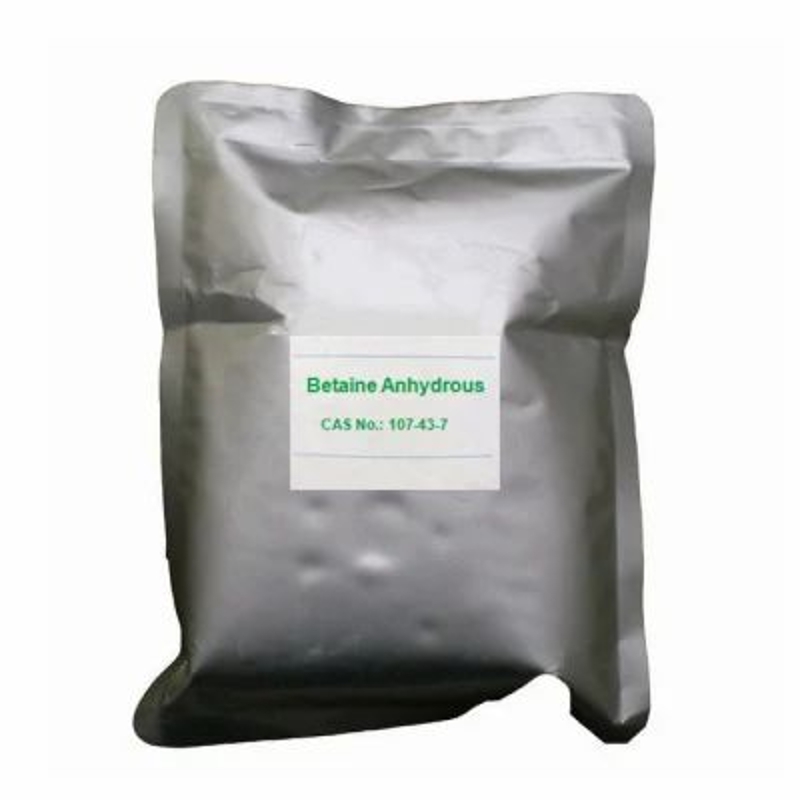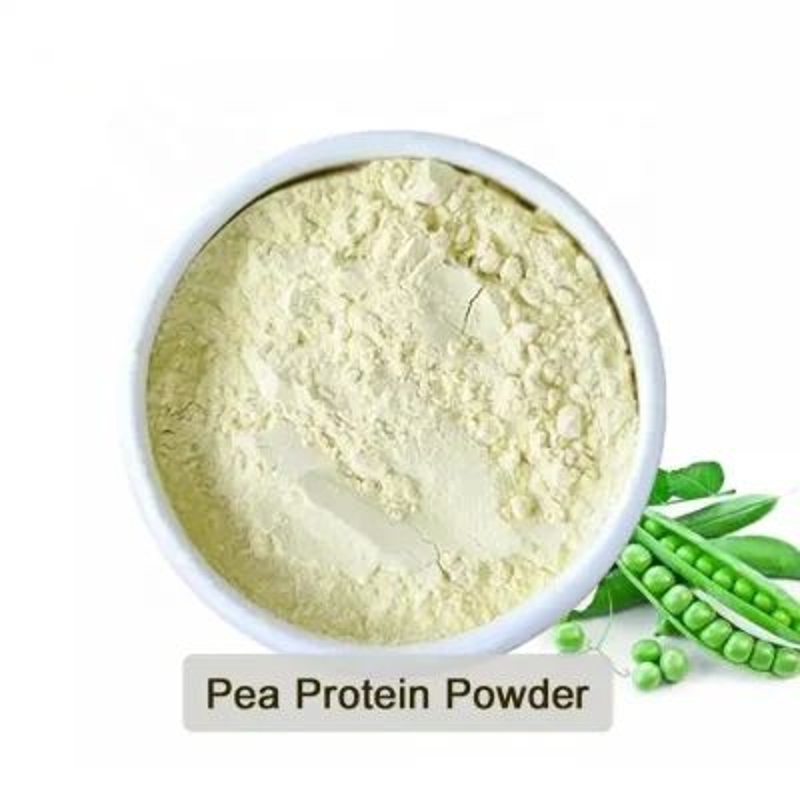-
Categories
-
Pharmaceutical Intermediates
-
Active Pharmaceutical Ingredients
-
Food Additives
- Industrial Coatings
- Agrochemicals
- Dyes and Pigments
- Surfactant
- Flavors and Fragrances
- Chemical Reagents
- Catalyst and Auxiliary
- Natural Products
- Inorganic Chemistry
-
Organic Chemistry
-
Biochemical Engineering
- Analytical Chemistry
-
Cosmetic Ingredient
- Water Treatment Chemical
-
Pharmaceutical Intermediates
Promotion
ECHEMI Mall
Wholesale
Weekly Price
Exhibition
News
-
Trade Service
In the United States and around the world, lung cancer is the leading cause
of cancer death.
Low-dose computed tomography (LDCT) scans of the chest are recommended to screen people between the ages of 50 and 80 who have a significant history of smoking, or who
currently smoke.
LDCT lung cancer screening has been shown to reduce lung cancer mortality by 24%.
But as the incidence of lung cancer among non-smokers climbs, new strategies are needed to screen and accurately predict lung cancer risk
in a wider population.
A study led by researchers at the Massachusetts General Hospital Cancer Center, a member of the Massachusetts General Hospital Brigham, worked with researchers at the Massachusetts Institute of Technology (MIT) to develop and test an artificial intelligence tool
called Sybil.
Based on LDCT scan analysis of patients in the United States and Taiwan, Sybil accurately predicted the risk of
lung cancer in individuals with or without a significant smoking history.
The findings were published in the Journal of Clinical Oncology
.
"The continued rise in lung cancer rates in people who have never smoked or have not smoked for many years suggests that there are many risk factors that contribute to lung cancer risk, some of which are currently unknown," said corresponding author Lecia Sequist, MD, Master of Public Health, director of the Center for Innovation in Early Cancer Detection and a medical oncologist for lung cancer at the Cancer Center at Massachusetts General Hospital
.
"Instead of assessing individual environmental or genetic risk factors, we developed a tool that can use images to look at collective biology and predict cancer risk
.
"
The U.
S.
Preventive Services Task Force recommends annual LDCT testing
for people over the age of 50, who have a 20-pack smoking history, who currently smoke, or who have quit smoking within the past 15 years.
But less than 10 percent of eligible patients are screened
each year.
To help improve the efficiency of lung cancer screening and provide personalized assessment, Sequist and colleagues at the Massachusetts Comprehensive Cancer Center collaborated
with researchers at MIT's Jameel Clinic.
Using data from the National Lung Screening Trial (NLST), the team developed Sybil, a deep learning model that analyzes scan results and predicts lung cancer risk
one to six years into the future.
"Sybil only requires one LDCT and does not rely on clinical data or radiologist annotations," said
co-author Florian Fintelmann, MD, of the Department of Radiology in the Department of Thoracic Spine Imaging and Intervention at Massachusetts General Hospital.
"It is designed to run in real time in the background of a standard radiology reading station, enabling point-of-care clinical decision support
.
"
The team validated Sybil using three separate datasets — a set of scans from more than 6,000 NLST participants who Sybil had not seen before; 8,821 LDCT patients from Massachusetts General Hospital (MGH); 12,280 cases of LDCT
at Chang Gung Memorial Hospital in Taiwan.
The latter set of scans included people with a range of smoking histories, including those
who had never smoked.
Sybil was able to accurately predict lung cancer risk
in these groups.
The researchers determined Sybil's accuracy using the area under the curve (AUC), a measure that tests the ability to distinguish between disease and normal samples, where 1.
0 is the perfect score
.
Sybil predicted cancer within one year, with an AUC of 0.
92 for the additional NLST participants, 0.
86 for the MGH dataset, and 0.
94
for the Taiwan dataset.
The program predicted AUCs of 0.
75, 0.
81 and 0.
80
for lung cancer over a 6-year period, respectively.
"Sybil can predict a patient's risk of developing lung cancer within six years by looking at the images," said
Dr.
Regina Barzilay, a co-author of the study and head of the Jameel Clinic and a member of the Koch Comprehensive Cancer Institute.
"I am excited about the translational efforts led by the MGH team, whose goal is to change outcomes
for patients who would otherwise progress to advanced disease.
"
The researchers note that this is a retrospective study and prospective studies in patients are needed to validate Sybil
.
In addition, the overwhelming majority of U.
S.
participants in this study were white (92%), and future studies will need to determine whether Sybil can accurately predict lung cancer
in different populations.
Sequist and colleagues will conduct a prospective clinical trial to apply Sybil to the real world and see how it complements the work
of radiologists.
The code is also publicly available
.
Sequist said: "In our study, Sybil was able to detect risk patterns
in LDCT that is invisible to the human eye.
" "We're excited to test this project further to see if it can add information to help radiologists make diagnoses and put us on a path
to personalized screening for patients.
"







